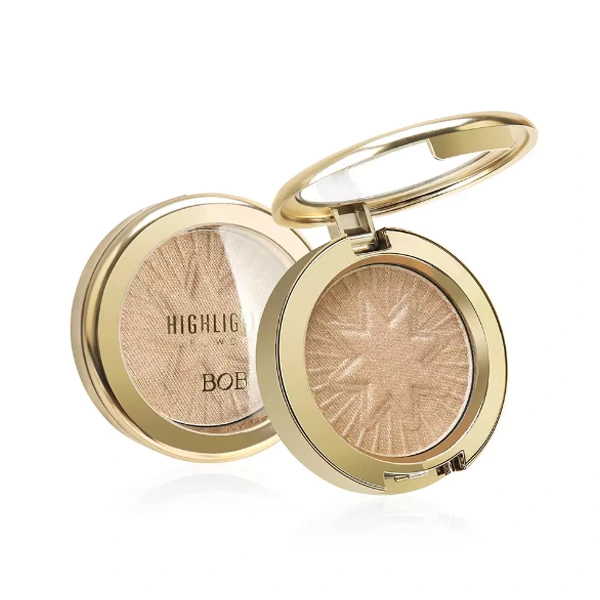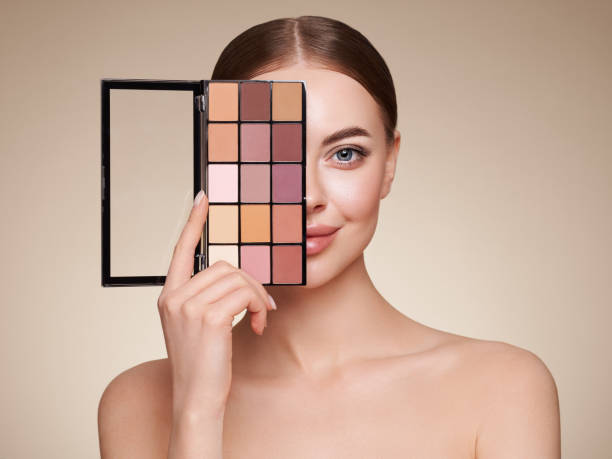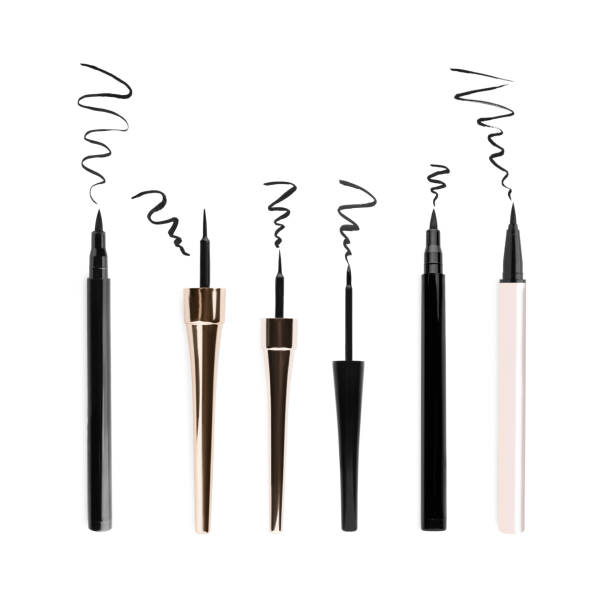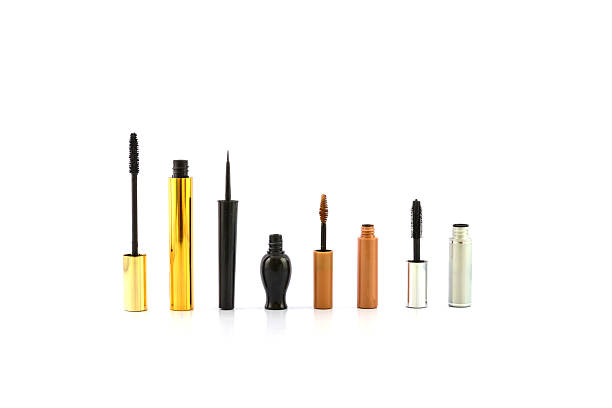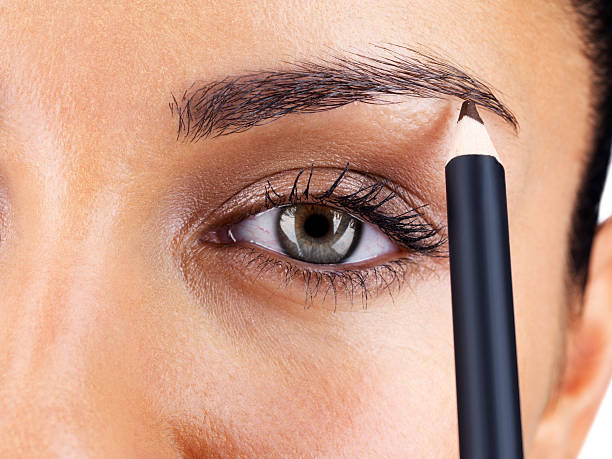So, you’re thinking about starting private label cosmetics? Smart move! Whether you’re a budding entrepreneur or an established brand looking to expand, choosing the right private label cosmetics manufacturer is crucial. It’s not just about slapping your logo on some makeup and calling it a day. You want to partner with a manufacturer who’ll help you create top-notch products that stand out in a crowded market. But how do you know which one is right for you? Let’s break down the essential factors to consider.
Why Choose Private Label Cosmetics?
Private label cosmetics are like the secret sauce for many brands. Let’s explore the key benefits of private label cosmetics and how they can provide a competitive edge in the beauty industry.
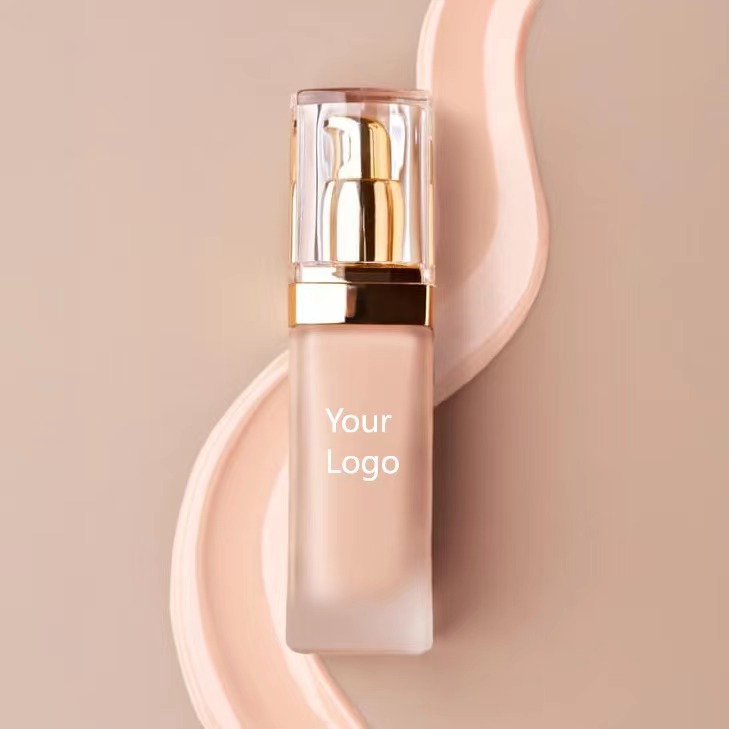
- Focus on What You Do Best: Private label cosmetics let you concentrate on what matters most—branding, marketing, and growing your business. You leave the complex manufacturing details to the experts, freeing up your time to build your brand and connect with customers.
- Access to Expertise and Quality: Partnering with experienced private label cosmetics manufacturers means you benefit from their know-how and high standards. They handle the production, ensuring your products meet top-notch quality and industry standards, which helps you offer premium items without the hassle.
- Cost-Effective and Scalable: By choosing private label, you avoid the high costs and risks associated with starting your own manufacturing facility. It’s a cost-effective way to expand your product line and scale your cosmetics business as demand grows, all while maintaining high-quality standards.
10 Key Factors for a Private Label Cosmetics Manufacturer
Private label cosmetics offer an incredible opportunity for businesses to streamline operations and enhance their product offerings. But how do you determine which manufacturer will best support your brand’s vision? Let’s dive into 10 key factors that can make or break your choice and ensure you partner with a manufacturer who aligns with your goals and standards.
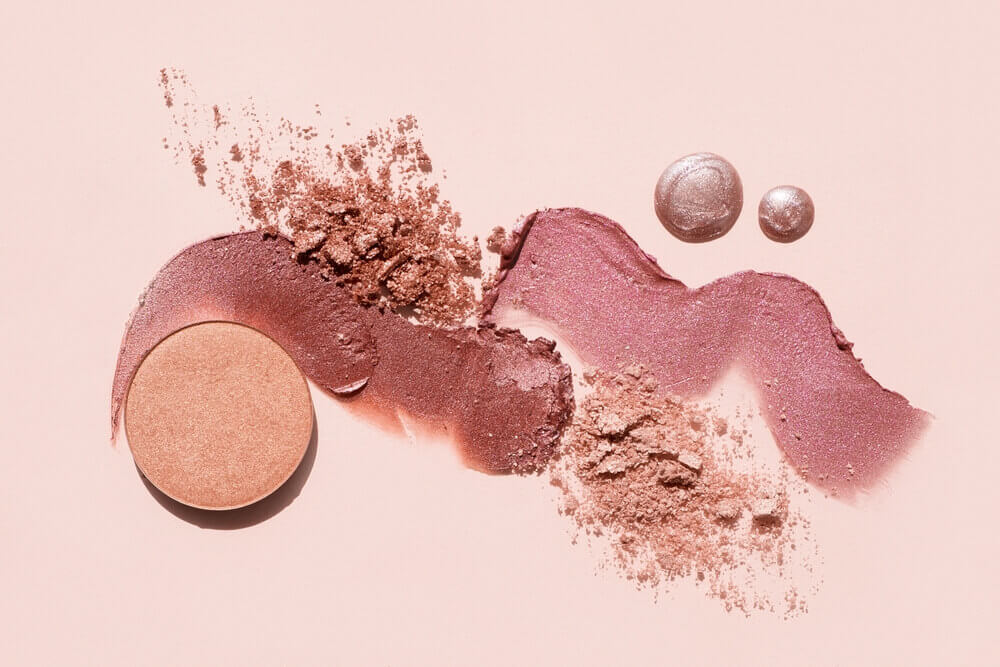
1. High-Quality Ingredients
First things first: quality. The ingredients in your private label cosmetics can make or break your brand. Look for reliable makeup manufacturers that use premium, safe, and effective ingredients. You don’t want to cut corners here. High-quality ingredients ensure that your products not only perform well but also meet regulatory standards and customer expectations.
2. Manufacturing Capabilities
Does the private label cosmetics manufacturer have the right equipment and technology to produce your desired products? From skincare to makeup, different cosmetics require different production processes. Make sure the manufacturer can handle your specific needs and scale production as your brand grows.
3. Cosmetic Certification
Cosmetic certification is a big deal. It’s like having a badge of honor that says your products are safe and up to industry standards. Look for manufacturers with certifications from reputable organizations. This will give your products an extra layer of credibility and assurance for your customers.
- ISO 22716 Certification
- FDA Registration (For U.S. Market)
- SGS (Société Générale de Surveillance)
- GMPC (Good Manufacturing Practice Certification)
- COSMOS Certification for natural or organic cosmetics
4. Strict Quality Control
Quality control is non-negotiable. You need a private label cosmetics supplier who is meticulous about testing and quality checks. This ensures that every batch of products meets the high standards you and your customers expect. Ask about their quality control processes and how they handle any issues that arise.
5. Wide Product Range
A diverse product range can be a huge advantage. It allows you to offer various products under your brand without having to work with multiple suppliers. Check if the private label makeup manufacturer can produce a wide range of cosmetics, from foundations, lipsticks to eye shadows, and whether they can handle new product development.
6. Customization Options
One of the perks of private label cosmetics is the ability to customize. Your brand’s uniqueness should shine through in your products. Look for private label makeup manufacturers that offer customization options, such as unique packaging, colors, and formulations. This helps you stand out from the competition and cater to your target market’s preferences.
7. Minimum Order Quantities
Different private label cosmetics suppliers have different minimum order quantities (MOQs). Depending on your business size and goals, you need to find a manufacturer with MOQs that fit your needs. Too high, and you might end up with excess inventory; too low, and you might struggle with cost efficiency.
8. Pricing and Terms
Pricing can make or break your budget. Compare quotes from different manufacturers, but don’t just go for the cheapest option. Consider the value you’re getting in terms of quality, services, and flexibility. Also, review their payment terms to ensure they align with your financial plans.
9. Delivery Times
Timely delivery is critical, especially if you’re working with tight deadlines or planning a product launch. Ask about the manufacturer’s lead times and their ability to meet your delivery requirements. Delays can impact your sales and customer satisfaction, so this is an essential factor.
10. Customer Support
Last but not least, customer support. You want a private label makeup manufacturer who’s responsive, helpful, and easy to communicate with. Good support ensures smooth collaboration and quick resolution of any issues that might arise. It’s all about building a partnership that lasts.
4 Steps to Start Your Private Label Cosmetic Business
Now that you understand what to look for in a manufacturer, it’s time to take the next big step—actually launching your private label cosmetics line. But where do you start? Don’t worry, we’ve broken it down into four simple steps that will guide you from idea to reality.
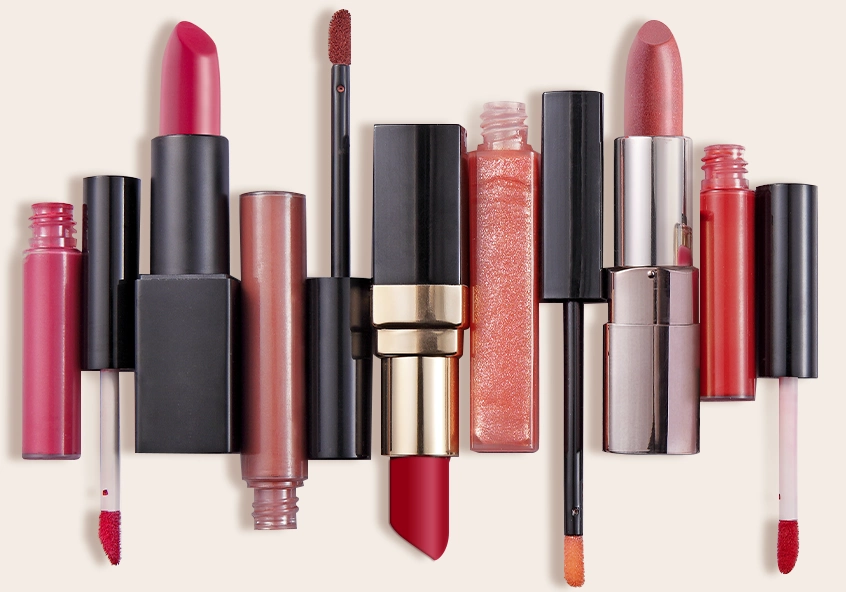
Step #1: Select Products
First up, decide what products and formulas you want to offer and get a quote. Think about your target market and which cosmetics they’re likely to love. Do you want to focus on skincare, makeup, or both? This is where your journey begins.
Step #2: Brand & Label
Next, it’s time to get creative with your brand. Design a label that reflects your brand’s identity and appeals to your audience. Your brand’s story and image should be clear and attractive. Then the private label cosmetics manufacturer will print your logo and labeling on your products and packages.
Step #3: Review Details Before Bulk Production
Before diving into bulk production, review all the sample details carefully. Double-check formulations, packaging, and labels to ensure everything is perfect. It’s better to catch any issues early on to avoid costly mistakes later.
Step #4: Receive Products
Once everything is set, it’s time to receive your products from the manufacturer. Inspect them thoroughly to ensure they meet your expectations. Happy with what you see? Great! You’re ready to launch your business.
Conclusion
Choosing the right private label cosmetics manufacturer can be the key to your brand’s success. By focusing on quality ingredients, robust manufacturing capabilities, and excellent customer support, you set yourself up for a thriving business. Remember, this partnership is more than just a business deal; it’s a collaboration that can help bring your vision to life. So, take your time, do your research, and choose wisely. Your brand deserves the best!
FAQs
1. What should I look for in a private label cosmetics manufacturer?
Look for high-quality ingredients, strong manufacturing capabilities, cosmetic certification, strict quality control, and good customer support.
2. How important is cosmetic certification?
Cosmetic certification is crucial as it ensures your products meet safety and industry standards, giving your brand credibility and customer trust.
3. Can I customize my private label cosmetics?
Yes, many manufacturers offer customization options for packaging, colors, and formulations to help your products stand out.
4. What are minimum order quantities (MOQs)?
MOQs are the minimum number of units you must order from a manufacturer. They vary by manufacturer and can impact your inventory and budget.
5. How can I ensure timely delivery of my products?
Discuss delivery times and lead times with your manufacturer upfront and choose one that aligns with your production schedule and launch plans.



